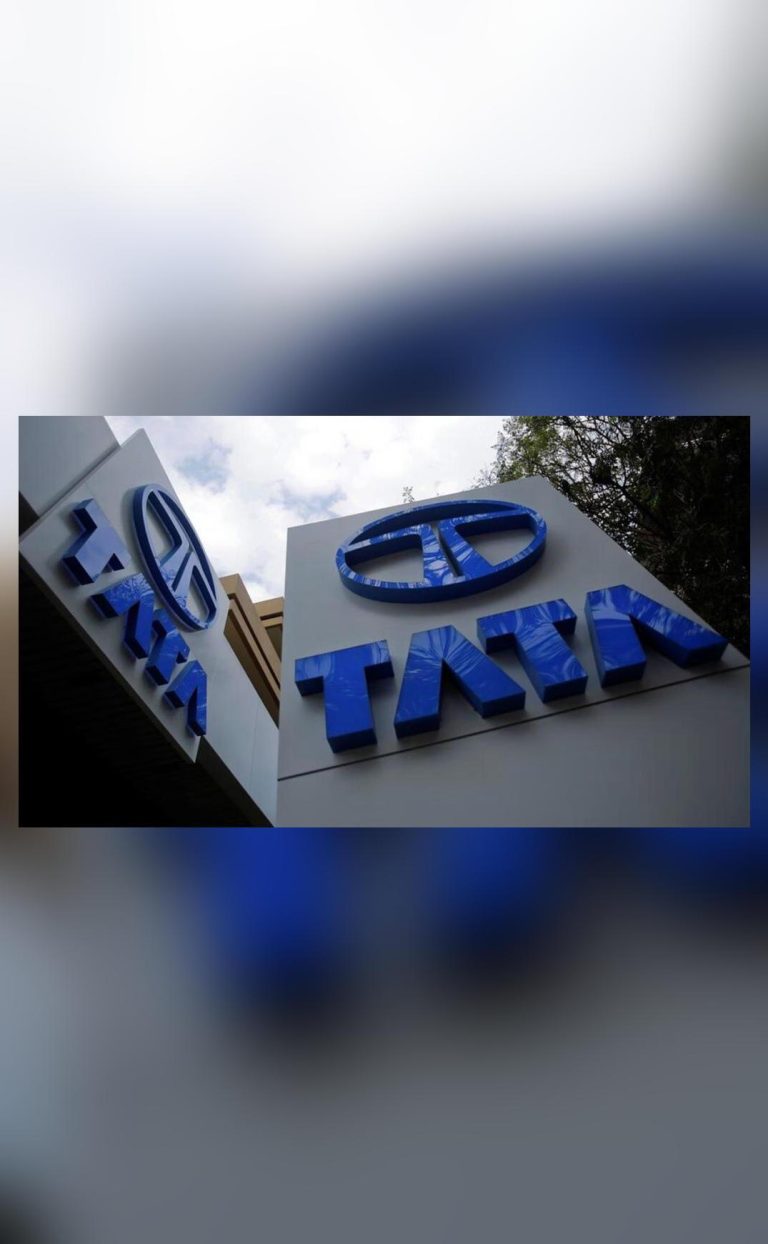
CSR Supporting Healthcare Infrastructure in J&K’s Kathua District
The importance of Corporate Social Responsibility (CSR) cannot be overstated in today’s world. As businesses grow and thrive, it is essential that they give back to the communities they operate in. One such example of CSR in action is the recent donation of two ambulances by a non-profit foundation to the Health Department of Jammu & Kashmir. This initiative aims to strengthen last-mile healthcare delivery and ensure that underserved communities in Kathua district have timely access to critical care.
Kathua district is a remote area with 512 villages, many of which lack access to basic healthcare facilities. The lack of emergency medical response systems in these areas means that residents are often forced to travel long distances to receive medical attention, which can be a matter of life and death. The donated ambulances will bridge this gap by providing a reliable and efficient way to transport patients to hospitals and healthcare centers.
The ambulances will be stationed at strategic locations in the district, ensuring that emergency medical services are available to residents in need. This will not only reduce the risk of medical emergencies but also save lives by providing timely access to healthcare facilities. The ambulances will be equipped with state-of-the-art medical equipment and will be staffed by trained paramedics and medical professionals.
The impact of this initiative will be far-reaching, not only for the residents of Kathua district but also for the healthcare infrastructure in the region. The ambulances will help to reduce the workload on healthcare centers and hospitals by quickly transporting patients to the right facilities, reducing the risk of complications and improving overall health outcomes.
This CSR initiative is a testament to the importance of corporate social responsibility in bridging the gap between healthcare infrastructure and the needs of the community. By investing in the health and well-being of its residents, the non-profit foundation is demonstrating its commitment to making a positive impact on the community.
The initiative is also a shining example of the power of collaboration between private sector organizations and government agencies. The Health Department of Jammu & Kashmir has played a crucial role in identifying the needs of the community and working with the non-profit foundation to implement this initiative. This partnership is a model for future CSR initiatives, highlighting the importance of collaboration and coordination in achieving meaningful outcomes.
In addition to the ambulances, the non-profit foundation has also committed to providing ongoing support and maintenance to ensure that the vehicles remain operational and effective. This includes regular servicing, fueling, and maintenance, as well as training for paramedics and medical professionals on how to use the ambulances effectively.
The impact of this initiative will be felt for years to come, providing a lasting legacy for the people of Kathua district. It is a powerful reminder of the importance of CSR in building stronger, healthier communities and highlights the critical role that businesses can play in making a positive difference.
Conclusion
The donation of two ambulances to the Health Department of Jammu & Kashmir is a shining example of CSR in action. This initiative demonstrates the importance of corporate social responsibility in bridging the gap between healthcare infrastructure and the needs of the community. By providing timely access to emergency medical services, the ambulances will save lives and improve health outcomes for residents of Kathua district. This is a testament to the power of collaboration between private sector organizations and government agencies, and highlights the critical role that CSR can play in building stronger, healthier communities.
Source:
https://thecsrjournal.in/companies-csr-jammu-kashmir-corporate-social-responsibility/






